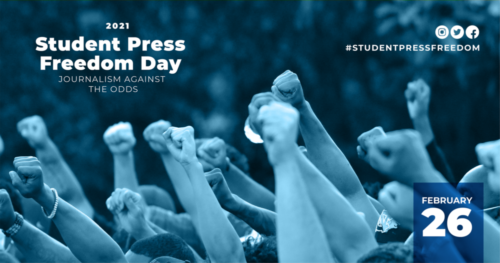Censorship on Campus, the Case of City College
By Andy Damián-Correa
Chancellor Mark Rocha resigned on March 31, 2020 due to pressure from the San Francisco City College student community and faculty, leaving the school in a financial crisis during the COVID-19 pandemic.
The City College Board of Trustees still has not revealed to the press the reason for his resignation, nor explained to students and faculty why San Francisco Community College District then paid him a salary of $340,481 over the next year and benefits of $35,476 including health care, vacations, and reimbursements for out-of-pocket expenses according to the San Francisco Chronicle.

In 2013, over a year before Rocha announced his retirement from his presidency at Pasadena City College, their Academic Senate voted 23-0, in agreement with 92% of the faculty committee, that they had no confidence in then-President Rocha. The reason cited being his elimination of the Winter Term.
Their Board of Trustees, who approved the elimination, defended Rocha and renewed his contract through 2017. In 2014 the board paid out retirement to Rocha equalling more than $403,000. The next spring he was ordered by a Los Angeles Superior Court judge to return it all and renegotiate the terms.
Students and faculty at City College of San Francisco meanwhile paid the price for “Free City College.” Rocha cut over 600 classes according to City College’s faculty union, effectively slowing down student’s plans and progress and creating anxiety in the community. In fact, City College funding is heavily dependent on enrollment.
During his tenure at City College, Rocha appointed Connie Chan as director of media relations in 2018. Chan imposed restrictive protocols for student journalists, making it even more difficult to gain access to critical information.
New press protocols such as organizing conversations and scheduling photoshoots on campus forced students of journalism to become more aggressive in their reporting, to hold college administration accountable.
In the fall of 2018, editor of Etc. Magazine Emily Huston said, “Professors and interview staff became full of middlemen, forcing writers to chase their sources in circles at the search for the facts.”
Many student journalists want to continue expanding the knowledge and training of journalism and transfer to programs in the California State System in reach of empowerment and continue the learning journey positive task of journalism.
Access to information matters more than ever in a time of relentless attacks on journalists worldwide, to keep the community college informed on changes and challenges.
Correction: There was a misspelling of Emily Houston’s name in the story. It has been corrected and we apologize for the error.
Fran Smith, Online Editor

Good article Andy on an important topic!
Just a slight correction. My name’s spelled Emily Huston and I wrote in the editor’s note of Etc magazine: “Interviewing faculty and staff became fraught with go-betweens, forcing writers to chase their sources in circles for the facts.”
https://issuu.com/etc.mag/docs/f2018_etcmagazine_complete-issuu
Sorry about that Emily. It has been corrected.
Fran Smith
Online Editior